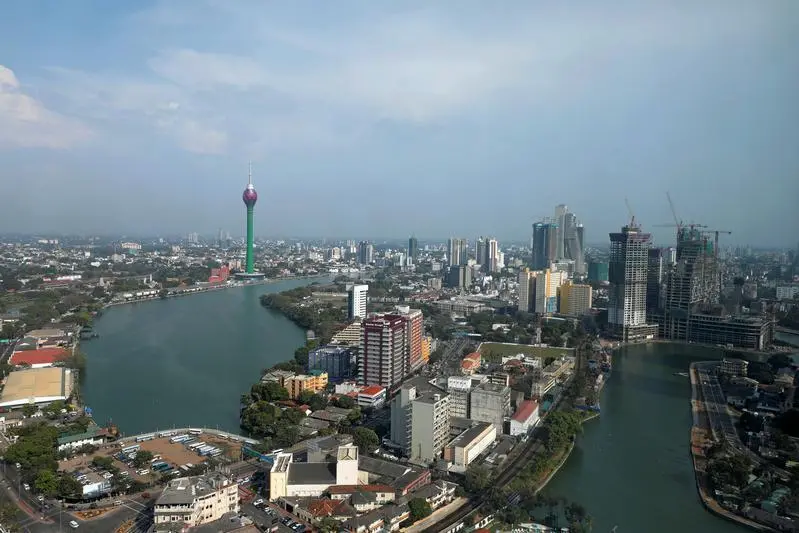PHOTO
COLOMBO - Sri Lanka's cabinet has approved a proposal to absorb about $553 million in debt from state-run SriLankan Airlines, a top official said on Tuesday, to smoothen its divestiture and make it more attractive to potential investors.
Sri Lanka, which is struggling to emerge from its worst financial crisis in decades, is undertaking a major divestiture drive in loss-making government-owned enterprises, including the national carrier, under an agreement with the International Monetary Fund (IMF) for a $2.9 billion bailout.
The cabinet approved a proposal for the country's Treasury to absorb part of the national carrier's debt, which includes $378 million owed to state banks and a $175 million state-backed bond it defaulted on last February, Ports Shipping and Aviation Minister Nimal Siripala de Silva told reporters.
Sri Lanka expects about $500 million from the divestiture, which the government hopes to complete in six months, he added.
"The debt will be reduced to about half of the amount which is there now. Therefore, we feel that there will be more airlines, and entrepreneurs or investors that will come now the airline becomes attractive," he said.
The total debt of SriLankan Airlines is estimated to be about $1.2 billion.
The airline, which has been racking up losses for years, invited bids on 31 October, but the deadline to close bids by December 4 was extended by 45 days, de Silva said. The government will continue funnelling about $60 million-$70 million per month for the next six months to keep the carrier afloat.
"Otherwise, if we go at this rate without any assistance the airline will collapse at any moment and 6,000 employees will be out of employment," de Silva said.
Sri Lanka's economy is gradually recovering from the financial crisis that was caused by record low reserves, leading to sky-rocketing inflation and currency depreciation.
The airline, one of Sri Lanka's biggest loss-making state enterprises, has struggled in recent years with a fall in tourism because of the COVID-19 pandemic and the economic crisis.
International Finance Corporation (IFC), a member of the World Bank Group, is the transaction adviser.
(Reporting by Uditha Jayasinghe; Editing by Raju Gopalakrishnan)





















